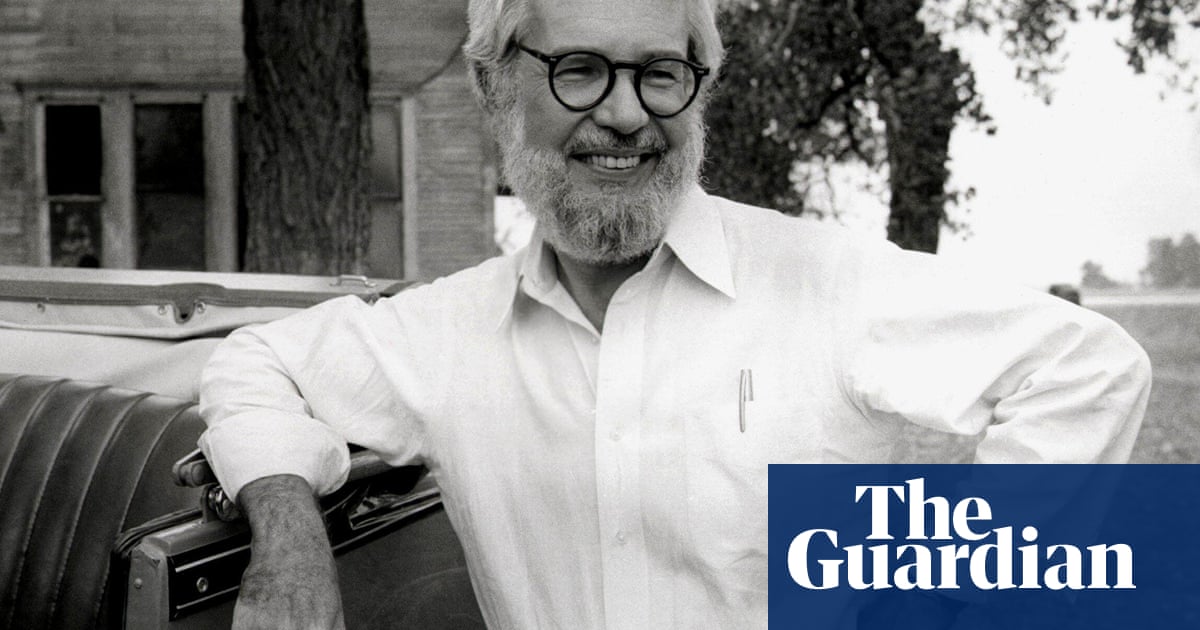Oscar-winning writer and director Robert Benton has died at the age of 92.
He won his two Academy awards for divorce dramaKramer vs Kramer. His longtime assistant and manager confirmed his death to theNew York Times.
Benton’s first screen credit was for co-writing 1967 hitBonnie and Clydewith David Newman. The film won two Oscars and was nominated for eight others, including best screenplay.
“I had been working as an art director at Esquire and I got fired,” Benton later said in an interview. “I decided to write a screenplay. I am dyslexic. I cannot spell or punctuate. I knew a young editor at Esquire, a wonderful writer, David Newman. I sold him on the glamorous life of the Hollywood screenwriter.”
The project was “turned down for four years” until Warren Beatty expressed interest. It went on to make $70m from a $2.5m budget.
Benton went on to collaborate again with Newman, as well as Buck Henry, on screwball comedy What’s Up, Doc? His first solo credit was for Robert Altman’s comedy noir The Late Show.
He was one of four writers for Richard Donner’s Superman before writing and directing Kramer vs Kramer, which was a critical and commercial hit in 1979. He won the Oscars for best director and best screenplay for his work.
“I don’t think they would make it today because I think there’s been an enormous shift in film,” Benton said of the film in 2009. “Even in the late 70s, the studios were still owned and run by entrepreneurs … and a business that is run by entrepreneurs makes decisions in a different way than a corporation which is a public company and responsible to the stockholders. I’m not saying one is right and one is wrong, I’m just saying they’re different models.”
He reunited with Kramer vs Kramer star Meryl Streep for Still of the Night, a Hitchcockian thriller he wrote and directed in 1982 before winning his third Oscar for the Places in the Heart screenplay. The drama starring Sally Field also secured him a best director nomination.
His later credits as both writer and director included 1994 comedy drama Nobody’s Fool and 1998 thriller Twilight, both starring Paul Newman, and Philip Roth adaptation The Human Stain starring Anthony Hopkins. He also wrote the screenplay for Christmas comedy The Ice Harvest with John Cusack.
His last credit was for directing the ensemble drama Feast of Love, which starred Morgan Freeman and Greg Kinnear.
“I’m looking for something that’s different from what I did last time,” hesaidof his process in 2003. “Scripts survive a kind of winnowing process, and I reach the point where I enjoy these characters enough to spend two years with them.”
According to the New York Times, he had been working on his memoir at the time of his death.
